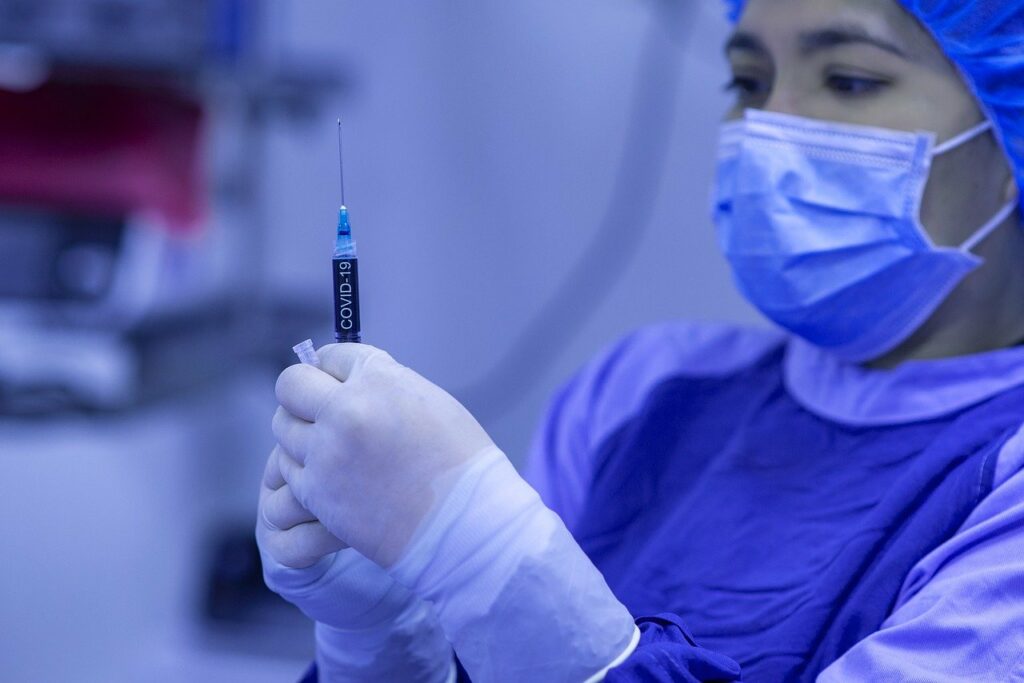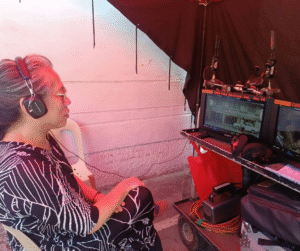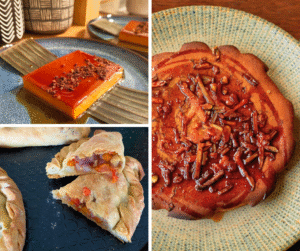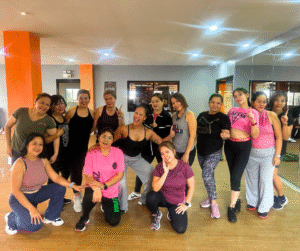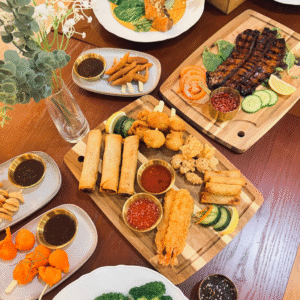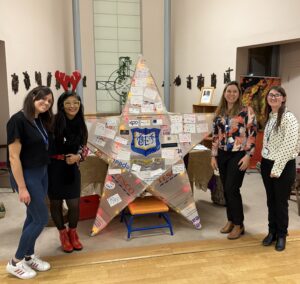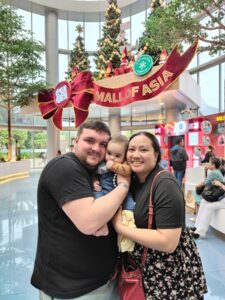By Mari-An Santos
Four young Filipino nurses have been speaking to Mari-an Santos about their experiences of working in NHS hospital Covid-19 wards and in intensive therapy units (ITUs). Their ages range between 27 and 31 and most of them have been in the UK for less than 5 years. As the UK’s coronavirus death toll passes 50,000, we would like to share their stories of working in the frontlines.
In this first piece, we focus on the story of Lyssa Buen.
Lyssa Buen, 27, arrived in the UK in 2019 and works as a nurse at an endoscopy unit in Essex. In March, she was wrapping up her visit home and had to rush from Baguio to Manila just as the first lockdown was announced in the Philippines. Coming through Heathrow airport, she was surprised to find that apart from her, no one else was wearing a mask; nor was she required to subject herself to quarantine. She had one day to rest and recuperate, then “I went back to work. It was also a way to combat homesickness!”
Volunteering to be assigned to ITU
In May, she felt anxious when their normal work hours were disrupted and they were told that they could be redeployed to the Covid-19 wards. “I did not want to be assigned to the wards because I was not familiar with their wards here. Their standards, equipment, procedures are different. I was afraid because I don’t know how to handle a patient in that setting.
“Since I had experience in the Philippines, I volunteered to be assigned to the ITU (intensive therapy unit). But I requested that I be deployed with a buddy from the endoscopy unit for the 12-hour shifts. We were assigned to night shifts. That took some getting used to as well, since our work at the endoscopy unit only happened during the day. But prior to redeployment, we all received a ‘crash course’ — two days to learn all we could about procedures, equipment.”
Thoughts about death and family
After a few weeks of watching over sleeping patients and praying nothing untoward would happen to them, Buen woke up one day feeling extremely tired. She did not feel well and called in sick. Her manager asked her to undergo a swab test. In the meantime, she rested, drank her vitamin C and D, and kept hydrated.
I was not afraid to get infected with coronavirus, I was not afraid of dying. But I did not want to die and just be delivered to my parents as ashes.
“I was not afraid to get infected with coronavirus, I was not afraid of dying. But I did not want to die and just be delivered to my parents as ashes,” Buen says plainly. Her test came out negative. She took her rest and then went back to the 12-hour night shifts.
“There was an overall atmosphere of anxiety during those months. But do you know what sticks out in my mind? I got so tired of taking a shower and sanitizing things! I am so tired of it.”
Since things settled down, she has gone back to working regular day shifts, as their unit catches up on the backlog. A new norm is that they wear protective gear all the time: “It’s so hot and tiring–because your breathing is made difficult because of the mask.” They have also had to work more hours and sometimes, even during the weekend, because of the procedures that were delayed during the peak. In the face of rising cases, she feels the month-long lockdown, though restrictive, is necessary.
“Sometimes, I think about how instead of taking care of my family back home, I was taking care of other people, of strangers,” Buen opines. “But I think I was put here for a purpose: to help.”
Mari-An C. Santos is a freelance writer based in Manila. She recently finished a Joint Master’s degree in Women’s and Gender Studies from the University of Granada (Spain) and University of Lodz (Poland). Her thesis tackled Emotional Geographies of Ageing Filipina Migrant Workers in Valencia, Spain.

